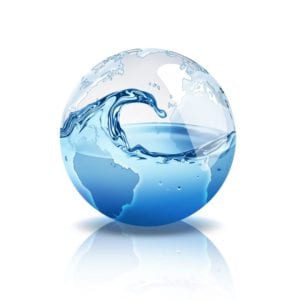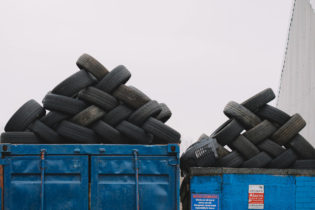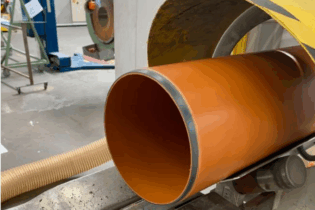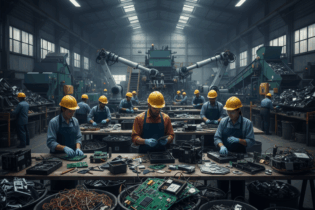The water and wastewater industries are the guardians of one of the world’s most important resources, and continuous investment in infrastructure and new technologies is essential to their processes.
Despite the fact that two-thirds of the earth’s surface is water, only 3% of this is fresh water, of which only one-third is available in liquid form. However, the world’s thirst is unquenchable. “All life and industries around the world depend on quality water in sufficient quantity,” elaborates Hennie Pretorius, industry Manager: Water & Wastewater, Endress+Hauser South Africa.A valuable resource
From the water industry that collects and treats this valuable resource for drinking purposes to the downstream wastewater industry that collects and treats contaminated water before returning it to the natural watercycle, there are numerous processes that call for a great deal of measurement technology. With a global focus on the water and wastewater industry, Endress+Hauser works to drive process automation, helping clients to increase their efficiency and ensure compliance. Behind this global focus lie numerous small-scale activities devoted to this heavily fragmented industry. “Although this is a global industry, it is driven by local demands and regulatory requirements,” explains Pretorius. Megatrends such as demographic developments, urbanisation and climate change all impact differently from region to region. In developed countries, for instance, most of the population has access to water and wastewater services. On the other hand, investments in infrastructure for water and wastewater treatment are only at the initial stages for many developing countries. In some regions, global companies shape the local market, acting simultaneously as planner, plant builder and operator. In other places, it is large national companies, while other services come from thousands of communal providers. In South Africa, the responsibility falls on municipalities and parastatal water boards.
Simple operation
“Globally, our customers have diverse needs, so we must adapt our instruments, solutions and servicesaccordingly,” adds Pretorius. In general terms, the industry expects reliable, robust, simple-to-operate and
low-maintenance measurement technology with an excellent price-performance ratio. When building infrastructure, there is a tendency to focus on lean, cost-optimised planning, as well as reliable systems that can be commissioned in a short period of time. In operation, focus shifts to matters such as efficiency improvements, resource conservation and modernisation. Tighter regulations on water and wastewater quality also drive operators to make ongoing investments, such as fourth-stage treatment systems to remove micropollutants like pharmaceutical products and hormones. The new technologies required, in turn, increase system complexity and the degree of automation. This extensive diversity is no challenge for Endress+Hauser. “We deeply understand our customers’ applications and processes thanks to our comprehensive industry know-how and our strong expert network. We speak our customers’ language,” explains Pretorius.
A decentralised organisational structure allows Endress+Hauser to understand precise local requirements and situations, and respond quickly. “We boast the industry’s most extensive instrument portfolio and distinguish ourselves with a wide range of services and solutions. This allows us to offer our customers genuine
added value.”







